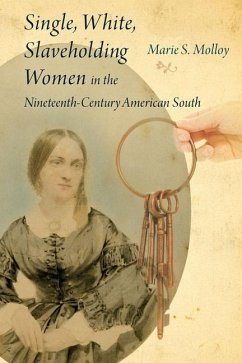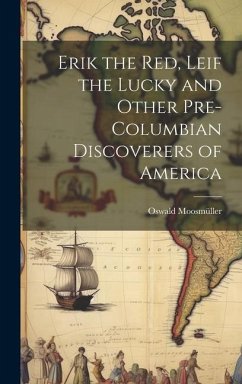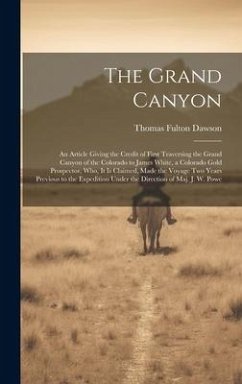
Greening the Red, White, and Blue
The Bomb, Big Business, and Consumer Resistance in Postwar America
Versandkostenfrei!
Versandfertig in 1-2 Wochen
67,99 €
inkl. MwSt.
Weitere Ausgaben:

PAYBACK Punkte
34 °P sammeln!
Although often linked to Rachel Carson's Silent Spring (1962), and Sixties era social movement, environmentalism arose in response to anxieties and tensions over the fate of the planet that first came to light with the atomic bomb blasts and the end of the Second World War that moved some thinkers to ponder other ways that humans might be endangering the planet. Their focus turned to the growing power of big business. More than ever, powerful corporations and a federal government bent on economic growth were seen by many Americans as threats to human health and the environment. Fallout from at...
Although often linked to Rachel Carson's Silent Spring (1962), and Sixties era social movement, environmentalism arose in response to anxieties and tensions over the fate of the planet that first came to light with the atomic bomb blasts and the end of the Second World War that moved some thinkers to ponder other ways that humans might be endangering the planet. Their focus turned to the growing power of big business. More than ever, powerful corporations and a federal government bent on economic growth were seen by many Americans as threats to human health and the environment. Fallout from atomic testing, air and water pollution, the proliferation of pesticides and herbicides-all connected to the growing dominance of technology and corporate capitalism in American life-led a variety of constituencies to seek solutions in what came to be known as environmentalism. In addition to the usual political and legal maneuvers employed to effect change, an alternative form of civic participation emerged beginning in the late-1940s as growing numbers of citizens turned to what they deemed environmentally friendly consumption practices. The goal of this politically charged consumption was not only to protect themselves and their families from harm, but to achieve social change at a time when many Americans believed the polity was increasingly out of balance, with government placing the desires of business before the needs of its citizens. Politicians responded to the growing environmental concerns of middle class Americans, but, in the end, continual political compromises with corporate power meant weak laws and lax enforcement. Many citizens sought refuge in an alternative "green" marketplace-an attempt to find a space within an imagined community of others who shared their concerns and frustrations, as well as their vision for a different American Way.













